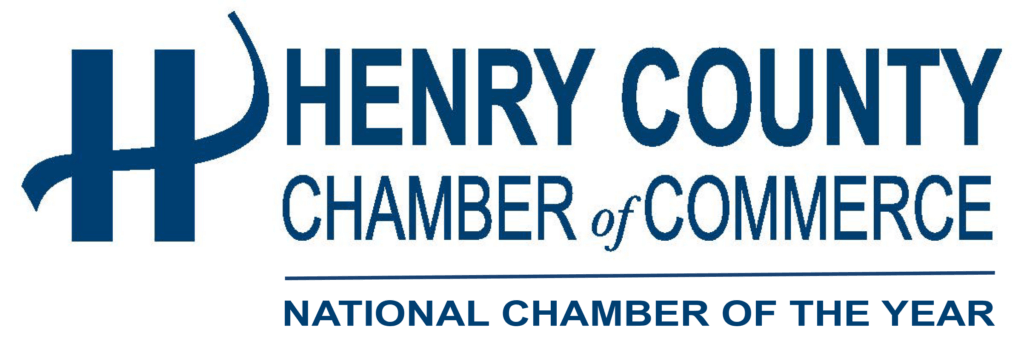Winning with Compliance How Businesses Rise Above the Rest
Starting a business requires careful attention to compliance, ensuring it operates within legal and ethical boundaries. Decisions around structure and data protection play critical roles in shaping its direction and resilience. Compliance extends beyond legal requirements, offering strategic benefits that improve credibility and efficiency. Embracing it as part of your core values reduces risks and sets a strong base for growth.
Choose the Right Business Structure
Choosing a business structure is a critical decision that impacts your liability, taxes, and overall control. Each type of structure, whether it's a sole proprietorship, partnership, corporation, or LLC, comes with its own advantages and responsibilities. Many small business owners prefer forming an LLC because it offers personal liability protection and flexibility in management and taxation. For those who want a streamlined process without the high cost of legal fees, using a formation service like ZenBusiness can be a practical and efficient alternative to hiring an attorney.
Skillfully Navigate Environmental Regulations
Complying with environmental regulations supports sustainability and helps reduce your ecological footprint. As guidelines grow stricter, integrating sustainable practices can prevent legal complications and elevate your company’s image as an environmental leader. Regular audits reveal areas to cut energy use and lower operational costs, fostering a proactive approach to resource management. Commitment to sustainability also strengthens brand reputation and reflects a dedication to social responsibility.
Mastering Data Breach Response: Your First Line of Defense
A solid data breach response plan is essential to managing potential cyber threats effectively. Bringing together a team of IT security experts, legal advisors, and communication specialists creates a well-coordinated approach to handling breaches. With continuous monitoring systems in place, teams can detect and address threats promptly, reducing potential damage and protecting sensitive information. Industry resources and templates can add further resilience to your strategy, preparing your organization to respond to complex cyberattacks.
Crafting a Transparent and Compliant Privacy Policy
A detailed and transparent privacy policy is crucial for any business handling personal data. It fulfills legal obligations and builds trust with your customers. By ensuring your policy is easily accessible, such as placing it in the website footer, you demonstrate a commitment to transparency and user rights. Addressing key elements like international data transfers and user rights helps avoid compliance issues. Providing accurate contact information for privacy inquiries and regularly updating the policy to reflect current data practices can prevent legal and reputational risks.
How Sarbanes-Oxley Shapes Financial Governance in Corporations
The Sarbanes-Oxley Act reshaped corporate financial governance by enforcing stricter oversight and transparency in financial reporting. It compels companies to establish strong internal controls, strengthening the credibility of their financial statements. Boards of directors now take a more independent and proactive role, closely monitoring ethical financial practices within management. While compliance can be costly, especially for smaller firms, it has helped restore investor confidence and curb corporate fraud, reinforcing accountability and transparency in financial markets.
Enhancing Workplace Safety Through Employee Health Screenings
Integrating employee health screenings into workplace safety protocols helps identify potential health risks that may affect job performance and overall safety. Tailored to fit specific roles, these assessments ensure both relevance and effectiveness, covering physical, mental, and occupational health. Complying with health screening regulations not only enhances safety and reduces absenteeism but also strengthens trust between employees and management. A thoughtful approach to health screenings fosters a work environment that supports both wellness and security.
Understanding the Legal Boundaries of Tax Practices
To keep your business compliant with tax laws, distinguishing tax avoidance from tax evasion is essential. Legal tax avoidance uses permissible strategies to lower tax obligations, such as claiming eligible deductions and investing in tax-beneficial assets. In contrast, tax evasion relies on illegal practices like income underreporting or falsifying deductions, risking harsh penalties, including fines or imprisonment. Prioritizing lawful tax strategies not only minimizes tax liabilities but also legally protects your business.
Integrating compliance into the foundation of a business protects it from legal risks while enhancing its reputation and stability. Focusing on these essentials with care and vision helps create a resilient, adaptable organization. This approach strengthens trust with clients and partners, contributing to long-term success. Businesses that commit to these principles tend to navigate challenges more effectively.
You can start to discover how the Henry County Chamber of Commerce can empower your business journey with exceptional programs and resources designed to elevate your success and strengthen our vibrant community!

